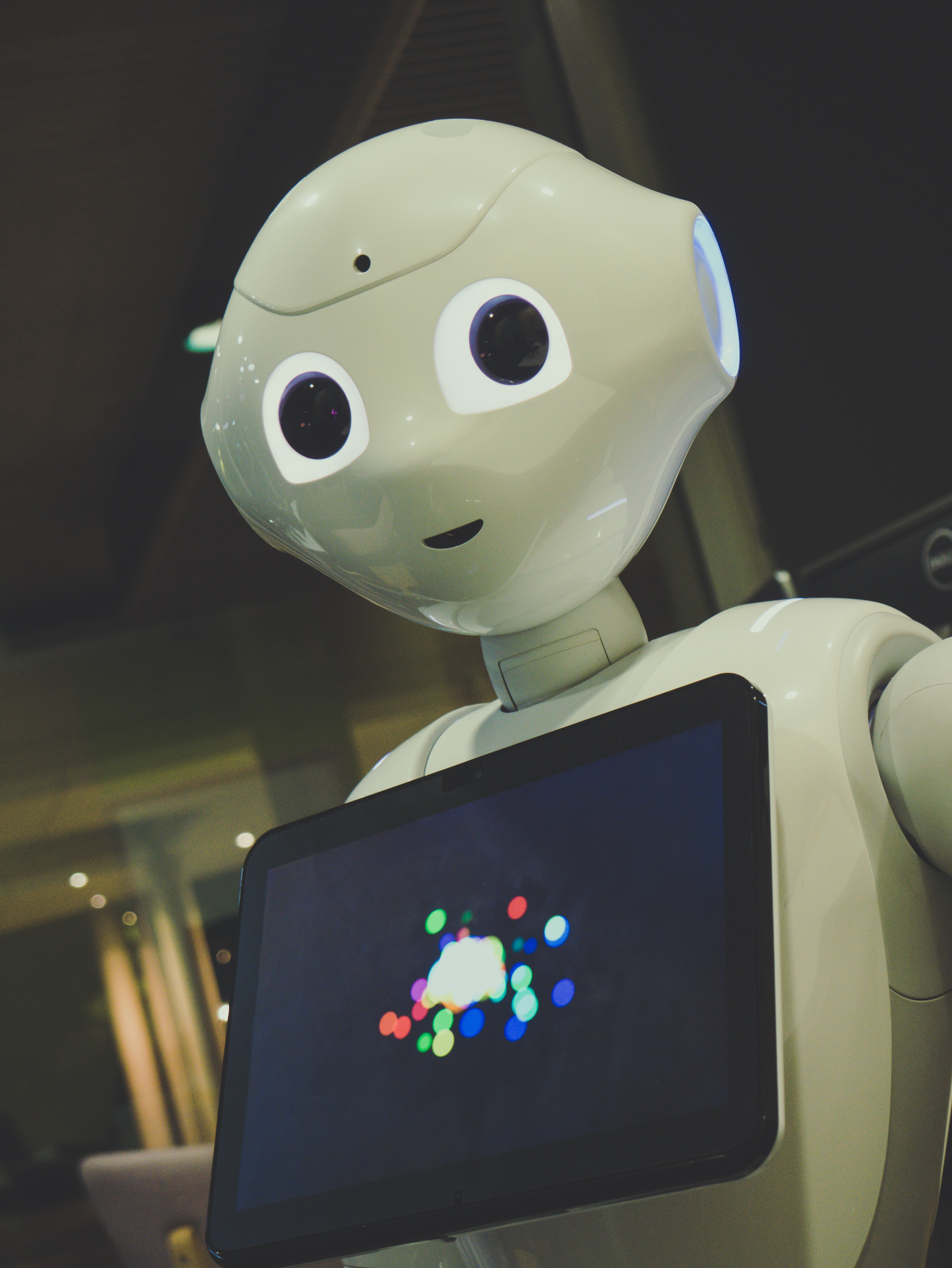Study finds when participants perceived their teammate to be a chatbot, they consistently generated more, higher quality creative ideas
SARATOGA, Calif. — June 29, 2021 — Today, Juji Inc., an Artificial Intelligence (AI) company that specializes in developing cognitive AI assistants, announced the findings of a study, “IdeaBot: Investigating Social Facilitation in Human-Machine Team Creativity,” by researchers at Cornell University’s College of Agriculture and Life Sciences (Cornell CALS). The study utilized Juji’s AI platform to investigate how humans collaborate with a cognitive AI assistant, in the form of a chatbot for a creative brainstorm.
The study found the following:
- When human participants perceived their teammate was the Juji chatbot when participating in a creative idea task, they consistently produced more, higher-quality ideas.
- When the conversational style of the chatbot was robotic (versus human-like), participants with high anxiety in group communication reported greater creative confidence.
“When working with the Juji chatbot, human participants worried less about judgments from their partners, and they yielded more fruitful conversational outcomes in the task,” said Angel Hwang, the study’s co-author and a graduate student working with Andrea Stevenson Won, assistant professor of communication and director of the Virtual Embodiment Lab at Cornell CALS. “This research supports the promising role of autonomous agents like chatbots as active teammates and points to ways in which leveraging the distinction between artificial and human cues during conversation can drive positive outcomes.”
Hwang and Stevenson Won utilized Juji to design the conversational flow, customized certain functionalities of the chatbot to follow the conversational script written for three studies and designed the language used in the conversation with specific emphasis on being polite and formal.
“We are thrilled to provide the researchers at Cornell CALS with our Juji cognitive AI assistant platform for the study,” said Michelle Zhou, CEO of Juji. “The findings showed that not only do chatbots powered by cognitive intelligence, like Juji’s, encourage greater participation and comfort for users, but can take on a meaningful role in collaborative, team settings. This can have far-reaching implications for not only universities, but businesses across every industry.”
Read the full announcement.




